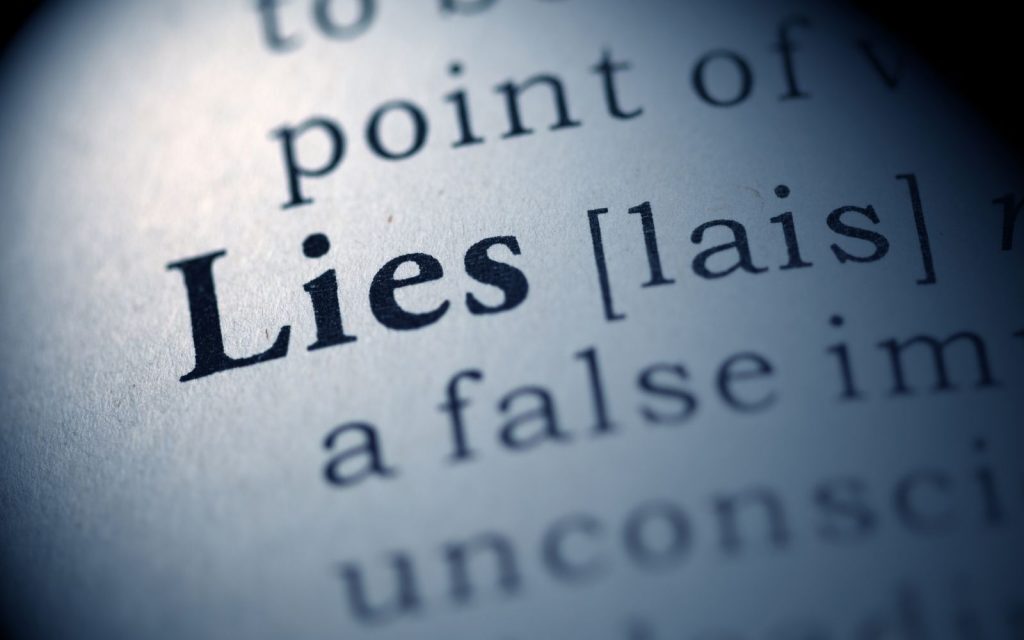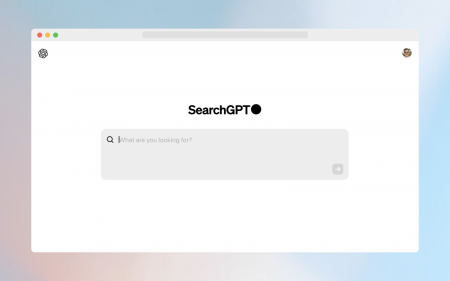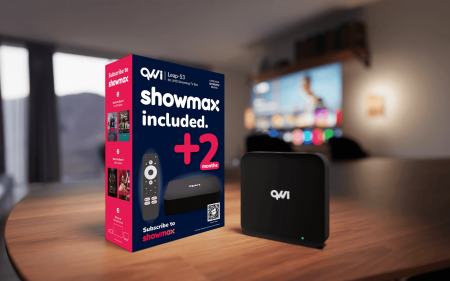Technology has given people more ways to connect, but has it also given them more opportunities to lie?
You might text your friend a white lie to get out of going to dinner, exaggerate your height on a dating profile to appear more attractive or invent an excuse to your boss over email to save face.
Social psychologists and communication scholars have long wondered not just who lies the most, but where people tend to lie the most – that is, in person or through some other communication medium.
A seminal 2004 study was among the first to investigate the connection between deception rates and technology. Since then, the ways we communicate have shifted – fewer phone calls and more social media messaging, for example – and I wanted to see how well earlier results held up.
The link between deception and technology
Back in 2004, communication researcher Jeff Hancock and his colleagues had 28 students report the number of social interactions they had via face-to-face communication, the phone, instant messaging and email over seven days. Students also reported the number of times they lied in each social interaction.
The results suggested people told the most lies per social interaction on the phone. The fewest were told via email.
The findings aligned with a framework Hancock called the “feature-based model.” According to this model, specific aspects of a technology – whether people can communicate back and forth seamlessly, whether the messages are fleeting and whether communicators are distant – predict where people tend to lie the most.
In Hancock’s study, the most lies per social interaction occurred via the technology with all of these features: the phone. The fewest occurred on email, where people couldn’t communicate synchronously and the messages were recorded.
The Hancock Study, revisited
When Hancock conducted his study, only students at a few select universities could create a Facebook account. The iPhone was in its early stages of development, a highly confidential project nicknamed “Project Purple.”
What would his results look like nearly 20 years later?
In a new study, I recruited a larger group of participants and studied interactions from more forms of technology. A total of 250 people recorded their social interactions and number of interactions with a lie over seven days, across face-to-face communication, social media, the phone, texting, video chat and email.
As in Hancock’s study, people told the most lies per social interaction over media that were synchronous and recordless and when communicators were distant: over the phone or on video chat. They told the fewest lies per social interaction via email. Interestingly, though, the differences across the forms of communication were small. Differences among participants – how much people varied in their lying tendencies – were more predictive of deception rates than differences among media.
Despite changes in the way people communicate over the past two decades – along with ways the COVID-19 pandemic changed how people socialize – people seem to lie systematically and in alignment with the feature-based model.
There are several possible explanations for these results, though more work is needed to understand exactly why different media lead to different lying rates. It’s possible that certain media are better facilitators of deception than others. Some media – the phone, video chat – might make deception feel easier or less costly to a social relationship if caught.
Deception rates might also differ across technology because people use some forms of technology for certain social relationships. For example, people might only email their professional colleagues, while video chat might be a better fit for more personal relationships.
Technology misunderstood
To me, there are two key takeaways.
First, there are, overall, small differences in lying rates across media. An individual’s tendency to lie matters more than whether someone is emailing or talking on the phone.
Second, there’s a low rate of lying across the board. Most people are honest – a premise consistent with truth-default theory, which suggests most people report being honest most of the time and there are only a few prolific liars in a population.
Since 2004, social media have become a primary place for interacting with other people. Yet a common misperception persists that communicating online or via technology, as opposed to in person, leads to social interactions that are lower in quantity and quality.
People often believe that just because we use technology to interact, honesty is harder to come by and users aren’t well served.
Not only is this perception misguided, but it is also unsupported by empirical evidence. The belief that lying is rampant in the digital age just doesn’t match the data.
- is Assistant Professor of Social Media Data Analytics, University of Oregon
- This article first appeared on The Conversation




